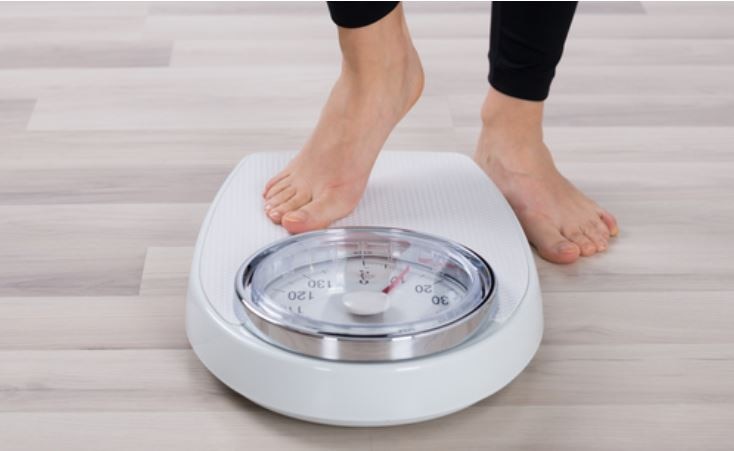Obesity and Sleep Apnoea

April 17th 2017
Obesity is one of the leading preventable causes of death worldwide1
Obesity is a growing problem, not just for adults in wealthy nations but for adults and children worldwide. 61% of adults in England are overweight or obese.2
In the UK in 2010, one in ten people is being treated for obesity 3,4. In England alone, it is estimated that the cost of treating co-morbidities (significant health problems) related to overweight and obesity is £4.2 billion each year.5
Approximately 40% people who are obese have sleep apnoea, while 77% of people who are morbidly obese have sleep apnoea.6 Overweight and obesity occur when excess fat accumulates in the body, posing a risk to health. The Body Mass Index, or BMI, is used to define weight.
BMI definition Body Mass Index
BMI is the abbreviation for body mass index: a measurement of someone’s weight in relation to their height.
| Definition | BMI range (kg/m2) |
| Underweight | Under 18.5 |
| Normal | 18.5 to less than 25 |
| Overweight | 25 to less than 30 |
| Obese | 30 to less than 40 |
| Morbidly obese | 40 and over |
Recently, waist circumference is has been included since fat around the abdomen is especially unhealthy. Abdominal obesity is classified as a waist circumference of more than 88 cm in women and more than 102 cm in men.
Sleep clinicians often measure neck circumference an in indicator of the fatty tissue deposits around the neck. Many studies have shown a correlation between neck size and obstructive sleep apnoea. Women with a neck size of more than 41 cm and men with a neck size of more than 43 cm are more likely to have obstructive sleep apnoea.
There are many serious, chronic health consequences of obesity like heart (cardiovascular) disease, type 2 diabetes and sleep apnoea.
These three consequences are some of the most serious since they are considered to place a person at high or absolute risk of death.7
Obesity is also linked to high blood pressure, raised cholesterol (high levels of fats in the blood that can lead to narrowing and blockages of blood vessels), stroke, cancer, disability, reduced quality of life, and premature death.
Weight gain of as little as 4.5kg (10lbs) increases a person’s risk of heart disease. High blood pressure, the leading risk factor for stroke, is twice as common in obese adults8. Gaining 5 – 8kg (11 – 18lbs) doubles a person’s risk of developing type 2 diabetes8.
While severity of obstructive sleep apnoea can improve with weight loss, most people with untreated sleep apnoea find it difficult to lose weight and studies have shown that insufficient sleep can lead to obesity.9,10
It is generally agreed that, put simply, too many calories and too little exercise lead to putting on weight. Researchers have found that sleep deprivation affects the secretion of hormones like leptin that affect our appetite. This is associated with increased hunger and may lead to overeating. The tiredness and sleepiness caused by sleep apnoea often result in people with untreated sleep apnoea feeling as though they don’t have the energy to exercise to burn off the extra calories. This combination of too many calories and too little exercise can lead to weight gain which can make sleep apnoea more severe and contribute to the development of other serious diseases.
So maintaining a healthy diet, active lifestyle and ensuring good quality sleep by effectively treating sleep apnoea are simple ways of making a staggering improvement to health and quality of life.